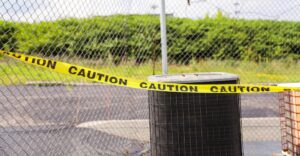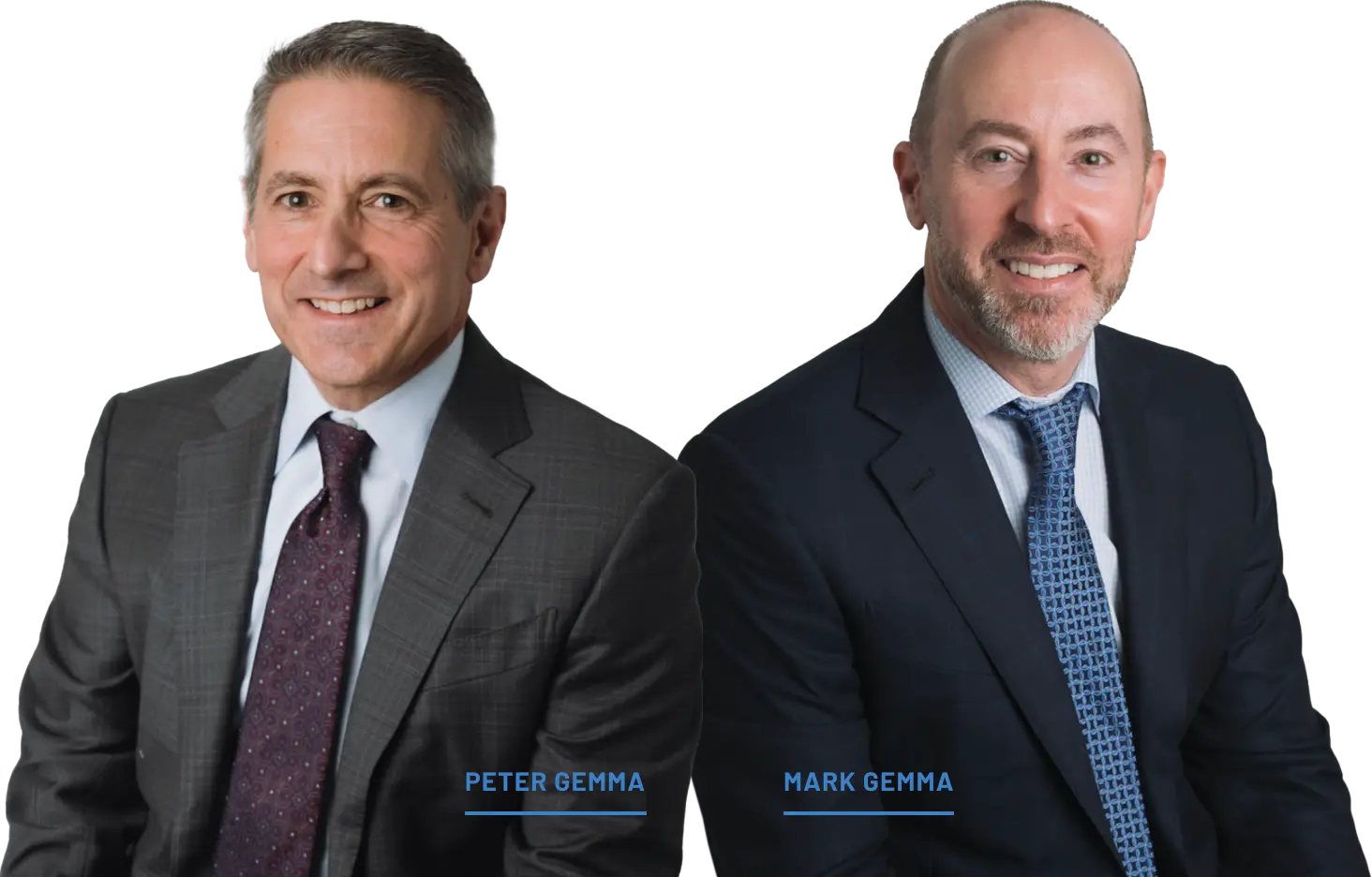
Premises liability law holds property owners and occupiers responsible for injuries on their property due to unsafe conditions. If you have been injured on someone else’s property in Rhode Island, you might wonder who can be held accountable. A Rhode Island premises liability lawyer at Gemma Law Associates can help you understand the concept of premises liability and clarify who you might be able to sue in case of an injury.
Understanding Premises Liability in Rhode Island
Premises liability boils down to a property owner’s legal responsibility to provide a safe environment for visitors. This duty of care extends to anyone lawfully on the property, including invites, licensees, and even trespassers in some situations. The specific duty of care owed depends on the category of visitor:
- Invitees: Property owners owe the highest duty of care to invitees, such as customers in a store or restaurant. This means they must use reasonable care to keep the premises safe, inspect them regularly for potential hazards, and warn invitees of any hidden dangers of which the landowner is aware. In premises liability cases involving negligent security, it’s essential to identify all responsible parties. Consulting with a Rhode Island inadequate security lawyer can help determine liability and guide you through the legal process.
- Licensees: Property owners owe a lesser duty of care to licensees, such as social guests at a friend’s house. The landowner generally must refrain from willfully or intentionally causing harm to licensees and warn them of known dangerous conditions that are not readily observable.
- Trespassers: Generally, property owners owe the least duty of care to trespassers, those who are on the property without permission; however, landowners cannot intentionally injure them and must avoid setting hidden traps. In some cases, landowners might owe a higher duty of care to child trespassers.

For a free legal consultation,Call (401) 467-2300
Key Elements of a Rhode Island Premises Liability Claim
The foundation of premises liability is negligence. Negligence involves failing to take reasonable care to prevent harm to others. To prevail in a Rhode Island premises liability case, you typically need to prove the following elements:
- Duty of care: You must establish that the property owner owed you a duty of care based on your status as an invitee, licensee, or trespasser.
- Breach of duty: You must show that the property owner breached this duty of care by failing to maintain the property in a reasonably safe condition or failing to warn of known hazards.
- Causation: You must demonstrate that the property owner’s breach of duty caused your injuries.
- Damages: You must prove that you suffered actual damages due to your injuries, such as medical expenses, lost wages, and pain and suffering.
Types of Premises Liability Cases
Premises liability cases can arise from a variety of hazardous conditions and scenarios. An experienced Rhode Island premises liability attorney can help you file a legal claim. Common types of premises liability claims include:
- Slip and fall accidents
- Trip and fall accidents
- Inadequate security
- Dog bites and animal attacks
- Defective conditions
- Swimming pool accidents
- Elevator and escalator accidents

Click to contact our personal injury lawyers today
Who You Can Sue in a Premises Liability Claim
Determining who to sue in a premises liability claim can be complex. Multiple parties may share responsibility for the property. Here are the potential defendants you might consider:
Residential Property Owners:
- Homeowners: If you are injured on residential property, such as a house or apartment, the homeowner may be liable. This can include injuries from slip and falls, dog bites, or defective conditions within the home.
- Landlords: If you are a tenant or visitor injured on a rental property, the landlord may be liable for failing to maintain safe conditions, such as faulty stairs, broken handrails, or inadequate lighting.
Commercial Property Owners:
- Business owners: Injuries on commercial properties, such as stores, restaurants, or office buildings, often involve suing the business owner. Common cases include slip-and-falls on wet floors, trip-and-falls over uneven surfaces, or injuries from falling objects.
- Corporations: If a corporation owns the property, you might sue the corporation itself. This is common in cases involving large retail chains or corporate office buildings.
Commercial Tenants:
- Leased properties: In commercial properties leased to businesses, the tenant, or business owner, may be liable for maintaining safe conditions within the leased space. For example, a restaurant tenant might be responsible for injuries due to slippery floors in the dining area.
- Shared responsibilities: Sometimes, the property owner and tenant share responsibility. For instance, a shopping mall owner and a store tenant might both be liable for injuries occurring in common areas like parking lots or walkways.
Property Managers:
- Property management companies: If a property management company is hired to oversee the maintenance and safety of a property, they may be liable for injuries resulting from their negligence. This can include failing to repair hazardous conditions, inadequate security measures, or poor property upkeep.
- Individual property managers: Individual property managers working for a property owner or management company can also be held liable if their actions or inactions contribute to unsafe conditions.
Contractors and Subcontractors:
- General contractors: If injuries occur due to unsafe conditions related to construction, renovation, or maintenance work, the general contractor overseeing the project may be liable.
- Subcontractors: Subcontractors performing specific tasks, such as electrical work or plumbing, can be held responsible if their negligence creates hazardous conditions.
Government Entities:
- City or municipal governments: If you are injured on public property, such as a public park, sidewalk, or government building, you may sue the city or municipal government responsible for maintaining the property. This often involves specific legal procedures and shorter deadlines set in Title 9, Chapter 31 of the state’s courts and civil procedure, known as tort claims acts.
- State or federal governments: Similar principles apply when suing state or federal governments, although these cases often involve additional complexities and restrictions.
If you have been injured on property owned by someone else due to their negligence, you may be eligible to file a premises liability claim to recover damages. Contact a premises liability attorney in Rhode Island to investigate your claim and determine how much your case is worth. We can determine all potential liable parties from whom you may be able to recover compensation.

Complete a Free Case Evaluation form now
Statute of Limitations for Premises Liability Claims
According to Rhode Island’s Title 9, Chapter 1 of the courts and civil procedure, the statute of limitations for filing a premises liability claim is generally three years from the date of injury, meaning you must file your lawsuit within this time frame or risk losing your right to seek compensation. However, exceptions and specific rules may apply in some instances, such as those involving minors or government entities. Consulting with a premises liability lawyer in Rhode Island promptly after your injury ensures you meet all legal deadlines and preserve your rights.
Contact Us for a Free Consultation
Premises liability claims can be complex, involving multiple potential defendants and various legal challenges. If you have been injured on someone else’s property in Rhode Island, consulting with an experienced personal injury attorney can help you protect your rights and seek the compensation you deserve. Take prompt action and contact us for a free case evaluation to improve your chances of a favorable outcome.

Call or text (401) 467-2300 or complete a Free Case Evaluation form

